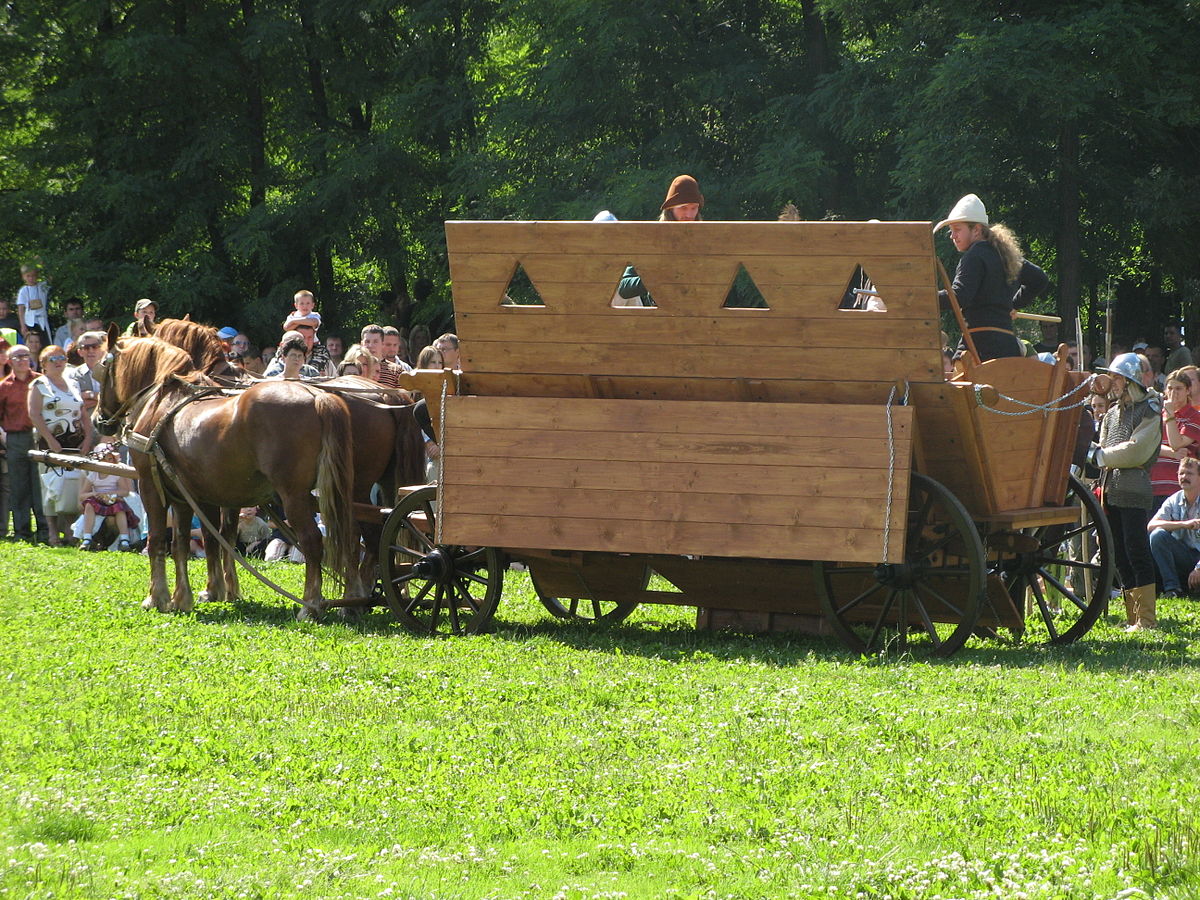If you’re building a full-scale world for your campaign, that will likely involve armies. Let’s discuss what happens in the real world so that you can avoid straining the disbelief of your players.
There are lots of different kinds of armies. This column and next, I'm going to talk about some of those kinds. This time it’ll be about armies in general, next time about specific kinds of armies.
Of course, we’re used to the idea of nations, people with similar culture and language in most cases, all loyal to the idea of a single political entity. That is, a nation is a people, not a political state/country. Some nations have no country. Yet a nation in this sense is primarily a modern idea. (I'll talk another time about the nature of independent “states” (not USA states).)
Here I'm interested in the different kinds of armies that might become involved in melee warfare, usually quite different from national armies, and often not professionally trained.
National armies in the sense of a levy of an entire population (conscription - the draft) are an idea of the French Revolution (1789) and later. Before that, political states rarely became wholly embroiled in warfare (ancient Greece is an exception). Warfare was a matter for the ruler rather than for the populace as a whole.
In most fantasy worlds you won’t have modern-style nations, except perhaps when an entire species is identified as a nation. And the rulers of those polities that are not nations won’t be able to mobilize the entire populace. Often, the populace won’t give a damn about the impending war, because one ruler (of the same species) will be much like another from their point of view.
Humanoid "monsters" may organize armies in much the same way as humans do. But so many monsters don't seem to be attached to a political state, they're usually what I've called tribal.
Next time I'll discuss particular kinds of armies, such as dynastic and feudal armies.
Your Turn: How important is the nature of armies in your RPG campaigns?
“I am not afraid of an Army of lions led by a sheep; I am afraid of sheep led by a lion.” – Alexander the Great
There are lots of different kinds of armies. This column and next, I'm going to talk about some of those kinds. This time it’ll be about armies in general, next time about specific kinds of armies.
National Armies
In the modern world we’re accustomed to “national armies”, the military consisting of roughly 10% of the entire population of a country.Of course, we’re used to the idea of nations, people with similar culture and language in most cases, all loyal to the idea of a single political entity. That is, a nation is a people, not a political state/country. Some nations have no country. Yet a nation in this sense is primarily a modern idea. (I'll talk another time about the nature of independent “states” (not USA states).)
Here I'm interested in the different kinds of armies that might become involved in melee warfare, usually quite different from national armies, and often not professionally trained.
National armies in the sense of a levy of an entire population (conscription - the draft) are an idea of the French Revolution (1789) and later. Before that, political states rarely became wholly embroiled in warfare (ancient Greece is an exception). Warfare was a matter for the ruler rather than for the populace as a whole.
Tribal Armies
Perhaps the idea of national armies is not so different from age-old tribal armies in conception, but conscription results in professionally-trained armies who serve continuously for years. Tribal armies were a temporary levy of all males of military age, who were expected to have some ability to fight, but no formal training. Greek city-state armies relied on well-to-do men who had some training, but were called up temporarily, and could include as much as a quarter of the entire (free) population. All the groups regarded as "barbarians" by civilized countries relied on tribal armies; but the "barbarians" were typically so tough and used to conflict that they could overcome civilized armies - even Empire-era Roman professionals.In most fantasy worlds you won’t have modern-style nations, except perhaps when an entire species is identified as a nation. And the rulers of those polities that are not nations won’t be able to mobilize the entire populace. Often, the populace won’t give a damn about the impending war, because one ruler (of the same species) will be much like another from their point of view.
Agricultural or Monied?
A major question to ask about the nature of armies is whether they came from an agricultural economy or a monied economy. In the latter coinage is widespread and used for transactions, while in the former coinage is rare and most transactions are barter, with agricultural goods being the primary local trade goods. In the monied economy soldiers will usually be paid, whereas in the agricultural economy soldiers will usually be obligated to serve and are not otherwise paid. This is, for example, a difference between the Roman Empire (the entire Empire was organized around paying the soldiers) and the Roman Republic.Humanoid "monsters" may organize armies in much the same way as humans do. But so many monsters don't seem to be attached to a political state, they're usually what I've called tribal.
Logistics
I've quoted Napoleon about logistics. Keep in mind that armies are obviously important in warfare, but logistics, and leadership, are often more important. Keeping your soldiers in supply, of food, water, clothing, transport, weapons, and all the other paraphernalia of war, makes a huge difference. But not much of anything can compensate for poor leadership.Next time I'll discuss particular kinds of armies, such as dynastic and feudal armies.
Your Turn: How important is the nature of armies in your RPG campaigns?


